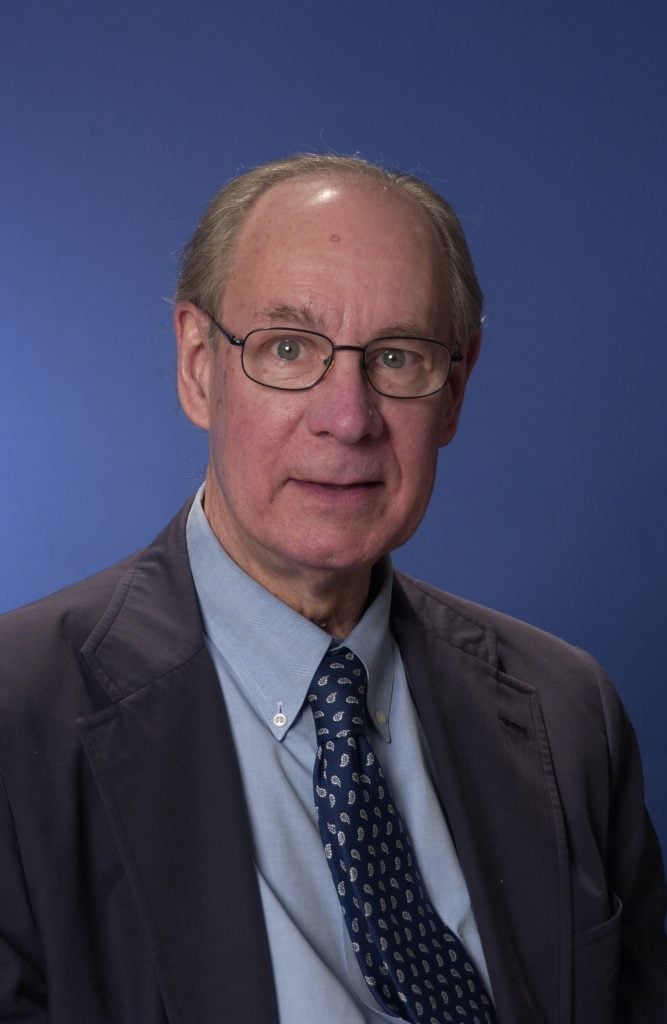
Outstanding Mentor Award
Joel Habener, MA, MD
Joel Habener, MA, MD, has been a leader in the identification and characterization of peptide hormone genes, transcription factors and mechanisms regulating β-cell function and survival. Among the seminal discoveries emanating from his lab, the identification of the first biological actions of GLP-1 is perhaps the most widely recognized and has revolutionized the treatment of diabetes. Additional major discoveries include the identification of transcription factor CREB, unlocking the mechanisms of cyclic AMP-regulated gene transcription, and cloning and characterization of Pdx-1, a MODY gene and key transcription factor important for development and function of the exocrine and endocrine pancreas.
His enormous scientific contributions and stellar positive training legacy has greatly enriched the fields of diabetes and endocrinology.
Joel is deeply devoted to his lab and regularly meets with and mentors his students and fellows in both group and individual meetings. Over several decades, he trained dozens of fellows who themselves have founded independent, highly productive laboratories. His trainees are now widely recognized as leaders in fields spanning clinical medicine, academic administration, industry, and basic science. The next generation of scientists who have graduated from the labs of Joel’s trainees are also now independent, highly productive faculty members. This list of first- and second-generation progeny is extensive and impressive, with Joel’s laboratory lineage producing over 100 independent investigators, many already notable for their own substantial accomplishments and transformative scientific discoveries.
Joel is a reserved person by nature who does not trumpet his own accomplishments. A life-long supporter of the Endocrine Society, he instilled in his trainees the importance of engaging in the Endocrine Society, and many have become active members and leaders. Joel regularly attends Endocrine Society meetings, publishes papers, and maintains an active laboratory. It is difficult to overstate the importance of the laboratory environment he created. His enormous scientific contributions and stellar positive training legacy has greatly enriched the fields of diabetes and endocrinology.

